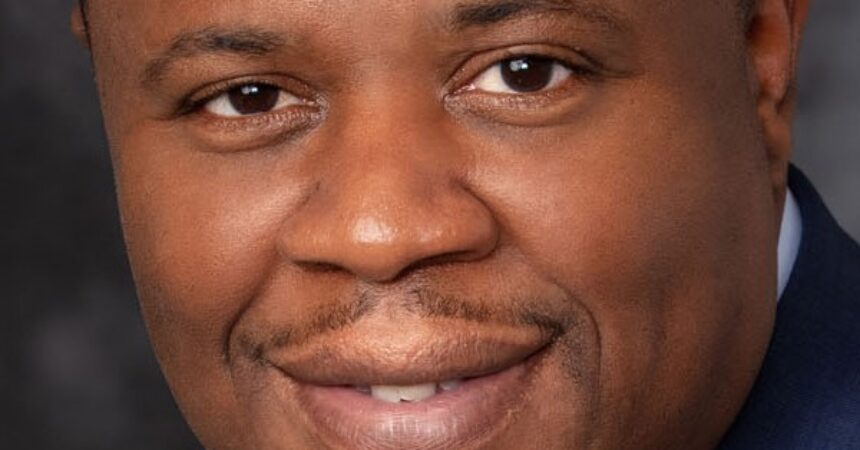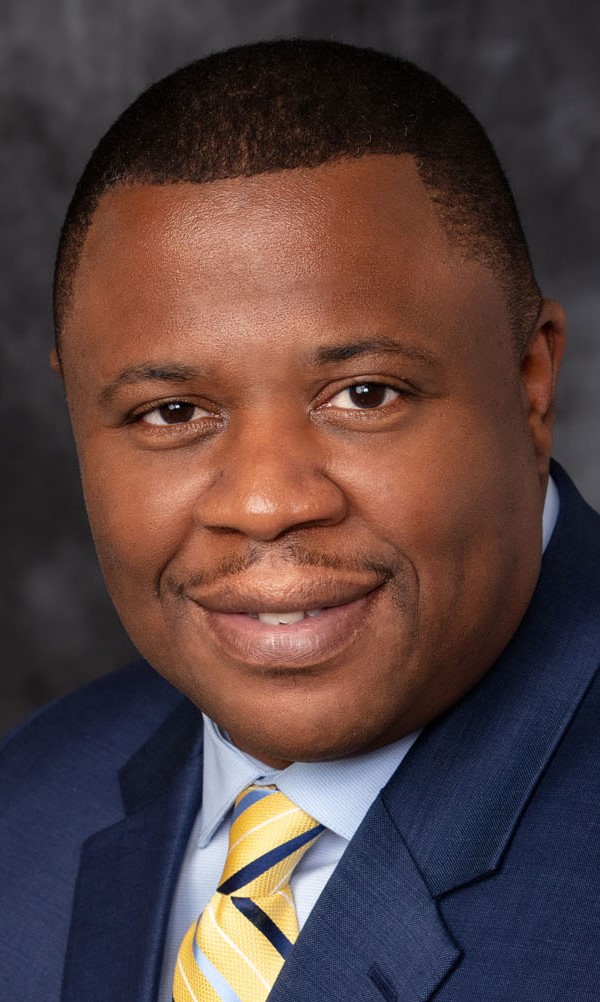
Against the Grain II
We shouldn’t be so happy about Chauvin verdict

Many in the world were elated about the three-count guilty verdict for former Minneapolis police officer Derrick Chauvin for the death of George Floyd in 2020. The tension leading up to the case was dense. Preparations for National Guard assistance and preemptive measures to try to thwart possible national unrest were at the forefront of all levels of government.
Meanwhile in Florida, just days before the verdict was reached, Governor Ron DeSantis pushed through the Florida Senate and signed into law Senate Bill HB1. House Bill 1 is specifically aimed at attacking rights granted by the First Amendment.
The absolute first freedom established in the Constitution of the United State of America was the core of what the country would base its superiority and humanity on. Plain and simple, it reads “Congress shall make no law respecting an establishment of religion, or prohibiting the free exercise thereof; or abridging the freedom of speech, or of the press; or the right of the people peaceably to assemble, and to petition the government for a redress of grievances.” This was adopted in 1791.
The dangerous clauses of Florida HB1 take away these same basic rights.
Fortunately, the country did not have to go down the dark hole of an acquittal of Chauvin. The world was watching as America’s principals were on trial. Even former U.S. President Donald Trump called Floyd’s murder “a disgrace.” This from the lips of a man who refused to condemn the White supremacist demonstration in Charlottesville, Va., which offered further racial division in our country.
It is no coincidence that the rush to implement HB1 in Florida lined up with the Chauvin trial. The freshly signed bill would no doubt have escalated unrest in the state had the case been ruled in favor of Chauvin.
The underlying problem is we shouldn’t have to be so happy to get a guilty verdict in court when a killer is obviously guilty, but this is where we are today. With the advent of cell phones, building surveillance cameras, body cameras, and recording devices abound, the probability of something happening in most areas and not being captured on several devices is minuscule.
Yet, in the Black community, when we see things happen that appear to be obviously unwarranted and unlawful murders, it rarely works out in the court system. A White officer goes in the wrong house and kills Botham Jean in his own home and we have to worry. White officers barge into Breonna Taylor’s home and kill her and we have to worry. A White neighborhood watch volunteer shoots and kills a 17-year-old Black boy and he’s acquitted.
The Chauvin conviction is truly a victory for victims, but if it takes all of the evidence that had to be offered in the death of George Floyd … for professional athletes to chime in … for world leaders to chime in … for business leaders to chime in … then this system is truly broken because that public outrage is not available to all.






